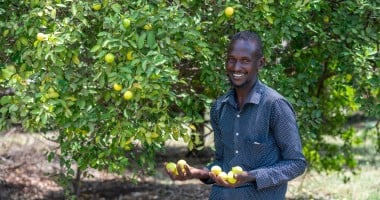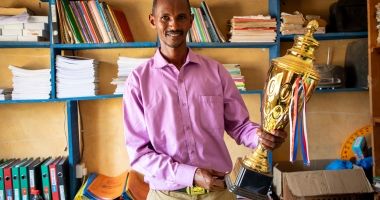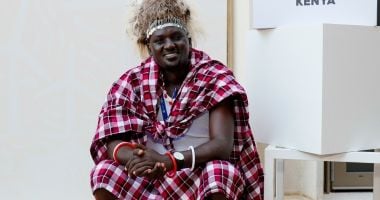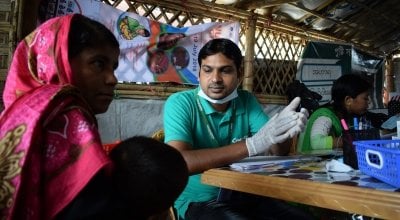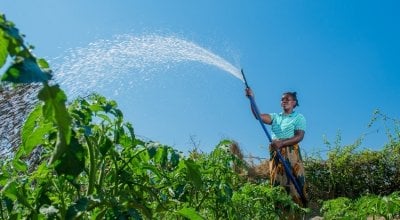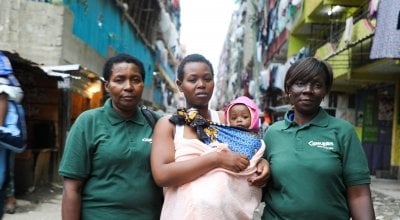
Read our 2024 annual report

Knowledge Hub
Why are we in Kenya? While Kenya has one of the fastest growing economies in Africa, it is also facing the dual challenge of rising poverty rates and the consequences of the climate crisis. Concern’s work in Kenya is designed to build resilience in the face of climate and economic shocks through integrated and innovative programmes.
Kenya is facing several challenges in its fight against poverty
In the the last 10 years, Kenya has lost gains made in eradicating poverty since the start of the century. While some progress has been made since 2020 (during which 42.9% of Kenyans were living in poverty), rates are still higher now than they were in the previous decade.
We see this in rural areas, where over 68% of people currently experiencing poverty live. These areas were also hit hard by the worst drought in Kenya in 40 years. At the same time, inequality in urban areas is increasing. In Nairobi, poverty is highly concentrated in the informal settlements, with nearly 33% of its residents considered to be poor.
Concern is working to address these challenges by addressing climate change, humanitarian issues, and peacebuilding processes.
Latest achievements
Education
In 2023, with funding from Datatec and Greendale, we helped nearly 700 students across nine junior secondary schools in Marsabit County to improve their skills, competency, and attitude towards STEM subjects.
Climate Smart Agriculture
Health & nutrition
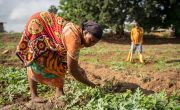
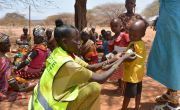
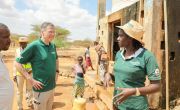
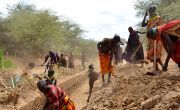
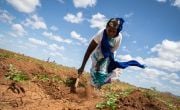
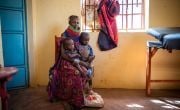

How we're helping Kenya
We are working hard to combat suffering and build resilience in Kenya. We are doing this by implementing programmes which will strengthen resilience, respond to emergencies and provide access to quality education.
Latest from Kenya
Organisations who fund us
Danish International Development Agency

Other ways to help
Corporate support
Is your company interested in working together for a common cause?
Fundraise for Concern
From mountain trekking to marathon running, cake sales to table quizzes, there are lots of ways you can support our work.
Buy a gift
With an extensive range of alternative gifts, we have something to suit everybody.
Leave a gift in your will
Leave the world a better place with a life-changing legacy.
Volunteer with Concern
The lots of ways to get involved with our work as a volunteer
School fundraising
Without the generous support from schools, we wouldn't be able to do the work that we do.



